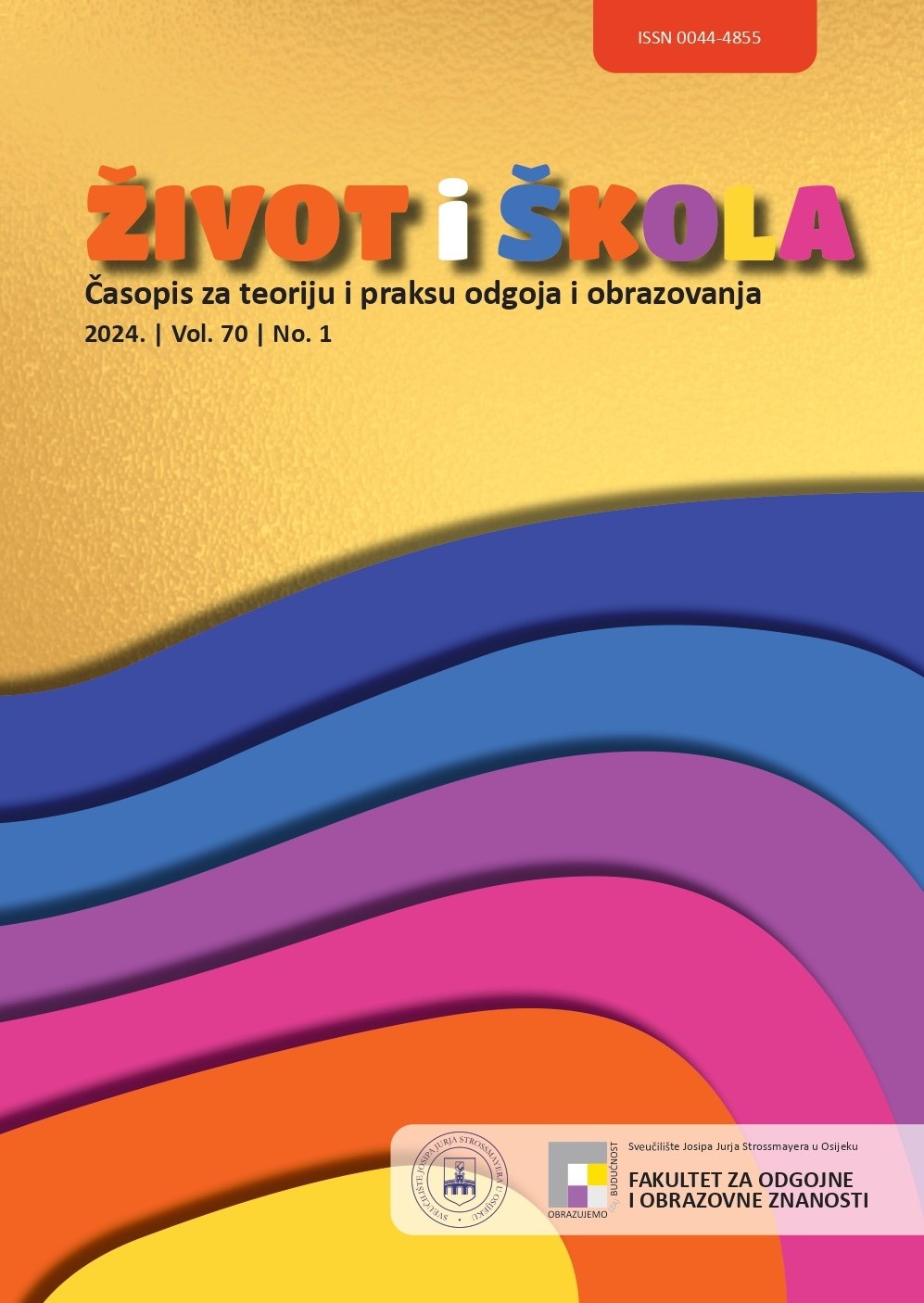THE CHILDREN'S PROSOCIAL BEHAVIOUR TOWARDS OUTGROUP MEMBERS: THE CONTRIBUTION OF INTERGROUP CONTACT
DOI:
https://doi.org/10.32903/zs.70.1.1Keywords:
prosocial behavior; interethnic relations; contact; childrenAbstract
This study investigated the influence of intergroup contact on prosocial behavior towards outgroup members within the context of a recent intergroup conflict between majority and minority members. The research was conducted within segregated schooling, involving 154 primary school students from both the majority (Croats) and minority (Serbs) populations in Vukovar, Croatia. Gender distribution was balanced with 51.3% girls and 48.7% boys, while the ethnic composition included 64.9% majority and 35.1% minority members. Participants' ages ranged from 6 to 11 years (M = 8.77, SD = 1.152). The instruments used were translated and adapted into Croatian and Serbian and had been previously employed in other multi-ethnic contexts with children of similar ages.
Results indicated a bias in prosocial behavior, with the effect being more pronounced among majority members. A positive correlation was found between prosocial behavior towards outgroup members and the quantity and quality of intergroup contact. Thus, participants who had more and higher-quality contact with outgroup members were more likely to exhibit prosocial behavior towards them. These findings underscore the importance of implementing interventions to promote interethnic contact from an early age to foster prosocial behavior towards outgroup members.


